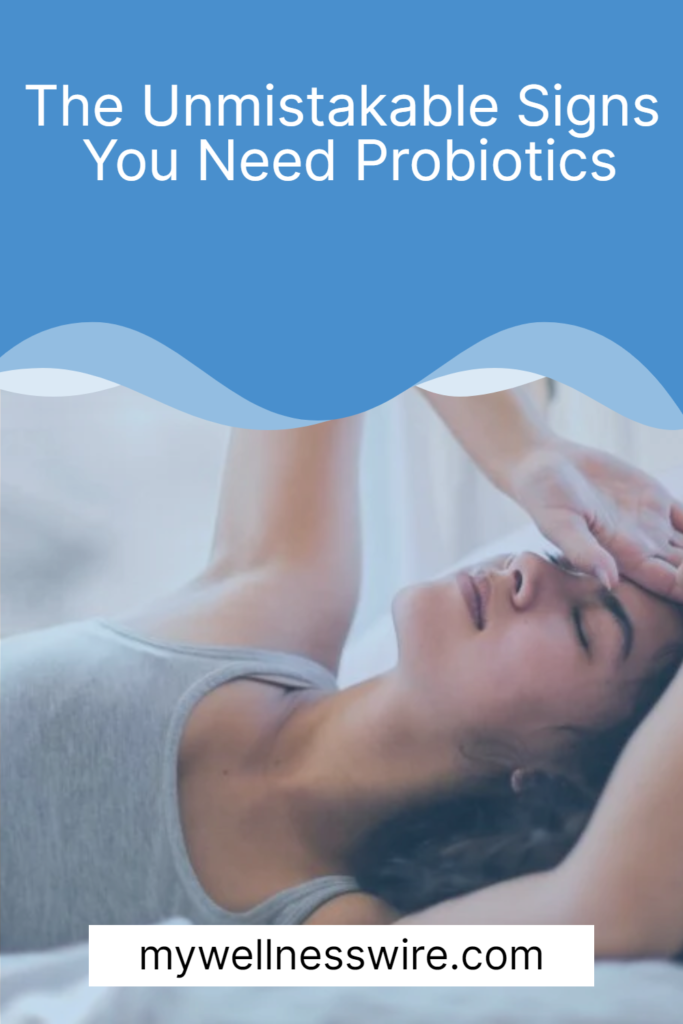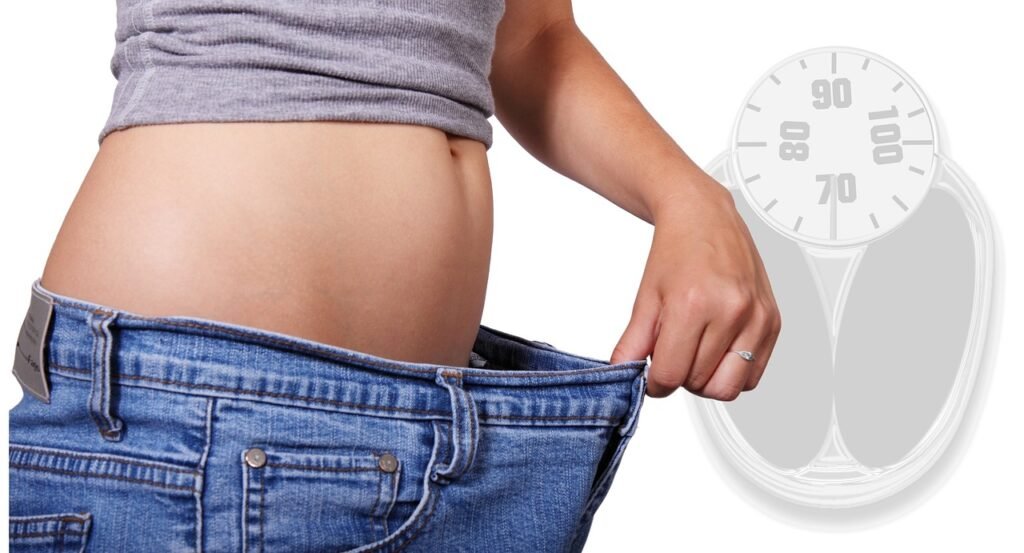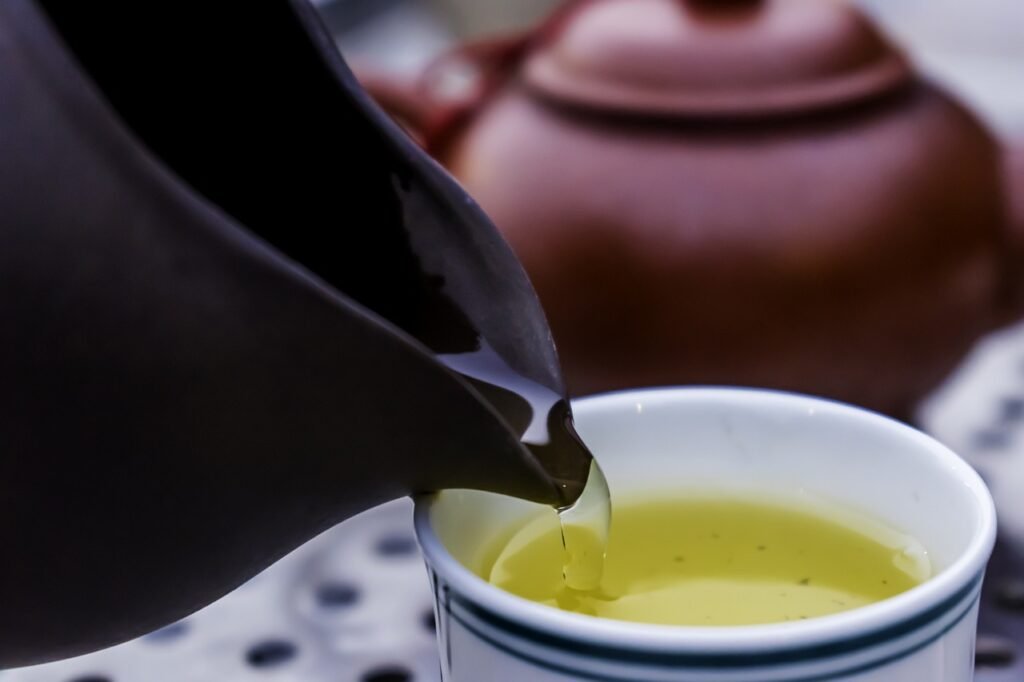
Intro
Are you feeling out of sorts lately? Experiencing unexplained symptoms that just won’t go away? It might be time to consider adding probiotics to your daily routine. Signs you need probiotics can manifest in various ways, from digestive irregularities to frequent infections and even mood fluctuations. Here, we will explore the unmistakable signs that indicate your body could benefit from the addition of probiotics for better health.
Digestive Irregularities as a Clear Indicator
Digestive disturbances shouldn’t be brushed off as mere inconveniences. In fact, they serve as a vital signal from our body that something might be amiss internally, specifically pointing towards our gut health. When we talk about the signs you need probiotics, experiencing consistent digestive troubles such as bloating, gas, and unpredictable bowel movements stand out prominently. This isn’t just about discomfort; it’s about an imbalance in the gut microbiome, where harmful bacteria might be outweighing the beneficial ones.
Introducing probiotics into your regimen is akin to sending reinforcements to restore equilibrium in this complex ecosystem within your gut. These beneficial bacteria are crucial for breaking down food, absorbing nutrients, and even synthesizing certain vitamins. By addressing the imbalance with probiotics, you’re not just putting a band-aid on symptoms like constipation or diarrhea; you’re going to the root of the issue and fostering a healthier gut environment.
This proactive step can lead to noticeable improvements in digestive health, making those frustrating and often embarrassing symptoms less frequent. It’s about giving your body the support it needs to maintain optimal gut health, ensuring that the good bacteria can effectively do their job.
Remember, a happy gut is foundational to overall health, influencing everything from our immune system to our mental well-being. So, if your digestive system is sending out distress signals, it might be time to listen closely and consider probiotics as a valuable ally in restoring balance and promoting digestive harmony.
Frequent Infections and Weakened Immune Response
Navigating through the seasons, it’s not uncommon for our bodies to fall prey to the occasional cold or infection. However, if you find yourself caught in a seemingly endless cycle of illnesses, it might be your body’s way of signaling a deeper issue within. A key player in our body’s defense system is the gut microbiome, a complex network of bacteria that resides within our digestive system. This microbiome is not only responsible for digesting food but also plays a pivotal role in fortifying our immune system.
When there’s an imbalance in this intricate ecosystem, with harmful bacteria gaining the upper hand over beneficial ones, our immune defenses can become compromised. This imbalance can lead to a weakened immune response, making our bodies a more welcoming host for infections. Probiotics, with their ability to replenish and maintain the balance of good bacteria in our gut, emerge as a vital component in bolstering our immune health.
Incorporating probiotics into your lifestyle isn’t merely about adding another supplement to your diet; it’s about nurturing the foundation of your body’s defense system. By fostering a healthy balance of bacteria, probiotics help to reinforce our body’s natural barriers against pathogens, effectively decreasing the likelihood of falling ill. This strategic move towards gut health maintenance is akin to reinforcing the walls of a fortress, ensuring that the defenses are robust and ready to ward off invaders.
Embracing probiotics for their immune-boosting capabilities offers a proactive approach to health maintenance, allowing you to potentially sidestep the inconvenience and discomfort of frequent infections. As we understand more about the intimate connection between our gut health and immune function, the incorporation of probiotics stands out as a critical step towards not just surviving, but thriving in the face of microbial challenges.
Read our guide to Taking Probiotics While on Antibiotics here.
Mood Fluctuations and Mental Health Concerns
In an era where mental well-being is rightfully gaining more attention, it’s essential to recognize the role our gut health plays in our emotional and psychological state. The connection between the gut and brain, often referred to as the gut-brain axis, is a bi-directional pathway through which the gastrointestinal tract and the central nervous system communicate. This intricate relationship suggests that the state of our gut microbiome can significantly influence our mood and mental health.
Experiencing persistent mood swings, unexplained bouts of anxiety, or a lingering sense of depression could indeed be indicators that your gut flora may be out of balance. It’s fascinating to consider that the solution to these profound issues could lie within our gut. Probiotics introduce beneficial bacteria to our digestive system, helping to restore a harmonious balance within the gut microbiome. This balance is not only crucial for physical health but also plays a pivotal role in modulating our mood and emotional well-being.
The impact of probiotics on mental health extends beyond mere conjecture. Scientific research is beginning to uncover the profound effects that gut health has on our mental state, including its potential to alleviate symptoms of anxiety and depression. By fostering a healthy gut environment, probiotics may offer a unique and powerful tool in our arsenal for enhancing mental well-being.
As we navigate the complexities of mood and emotional health, it’s empowering to know that supporting our gut health with probiotics could be a key step in nurturing our overall mental resilience. This connection underscores the importance of a holistic approach to health, where nurturing the gut is seen as essential for fostering a balanced and healthy mind.
Read our Mental Health Toolkit Guide here.
Unexplained Fatigue and Lack of Energy
In our constantly moving world, feeling perpetually drained and devoid of energy isn’t just a byproduct of a busy lifestyle—it could also signal a deeper, more systemic issue tied to the state of your gut health. The balance—or rather, the imbalance—of bacteria within our digestive system plays a critical role in how efficiently our bodies can extract and utilize energy from the food we consume. If the scales tip unfavorably, and detrimental bacteria overshadow the beneficial ones, the impact on our energy levels can be profound.
Incorporating probiotics into our daily health regimen offers a promising solution to this conundrum. These beneficial microbes work tirelessly to recalibrate the delicate equilibrium within our gut microbiome, fostering an environment where nutrient absorption is optimized, and energy production is enhanced. The addition of probiotics is akin to fine-tuning an engine for peak performance; by ensuring the gut operates smoothly, we pave the way for improved vitality and a noticeable reduction in those all-too-familiar bouts of exhaustion.
It’s essential to acknowledge that our energy levels are closely linked to the intricate workings of our gut microbiome. Addressing imbalances with probiotics can serve as a vital step toward reclaiming the vibrant energy and zest for life that everyone deserves. In this light, recognizing the potential need for probiotics can be the first step in a journey towards not just improved gut health, but a more energetic and invigorated existence.
Skin Conditions Reflecting Internal Imbalance
When our skin begins to show signs of distress through conditions like acne, eczema, or psoriasis, it often hints at deeper systemic issues, particularly within the gut. This external manifestation of discomfort and inflammation can be a subtle yet powerful indicator that our internal ecosystem is out of sync.
The beneficial bacteria in probiotics play a crucial role in modulating the body’s inflammatory response, which is closely linked to the health and appearance of our skin. By introducing probiotics into our daily routine, we nurture a gut environment that is better equipped to manage inflammation, potentially leading to clearer and healthier skin.
This approach underscores the interconnectedness of our bodily systems, where enhancing gut health with probiotics could pave the way for not just digestive harmony but also a radiant complexion. This connection between gut health and skin condition illuminates the profound impact that internal balance can have on our external well-being.
Food Sensitivities and Intolerances
Navigating the complexities of what we can and cannot eat without experiencing discomfort is becoming a common challenge for many. When discomfort becomes a regular dining companion, often manifesting as bloating, gas, or even more severe reactions after eating certain foods, it signals a deeper issue rooted in the gut’s health.
These adverse reactions are not merely inconvenient but indicate a disruption in the gut microbiome’s delicate balance, where protective barriers may be weakened, and inflammation can become rampant.
Introducing probiotics into our dietary regimen emerges as a strategic move towards addressing these sensitivities head-on. These beneficial bacteria engage in a multifaceted approach; they work to fortify the gut’s barriers, enhance the immune system’s response to inflammation, and rebalance the gut flora. This concerted effort can significantly mitigate the body’s adverse reactions to specific foods, making it possible to reintroduce certain items back into one’s diet without the previous undesirable effects.
Moreover, probiotics’ role in digesting food and producing necessary vitamins highlights their importance in creating a more resilient digestive system. By fostering a stronger gut environment, probiotics not only aim to reduce the immediate symptoms associated with food sensitivities but also contribute to a broader, more holistic approach to health. Embracing probiotics may lead to a more varied and enjoyable diet, lessening the fear of adverse reactions and opening up a world where food can once again be a source of pleasure rather than discomfort.
Pin this post to read later



